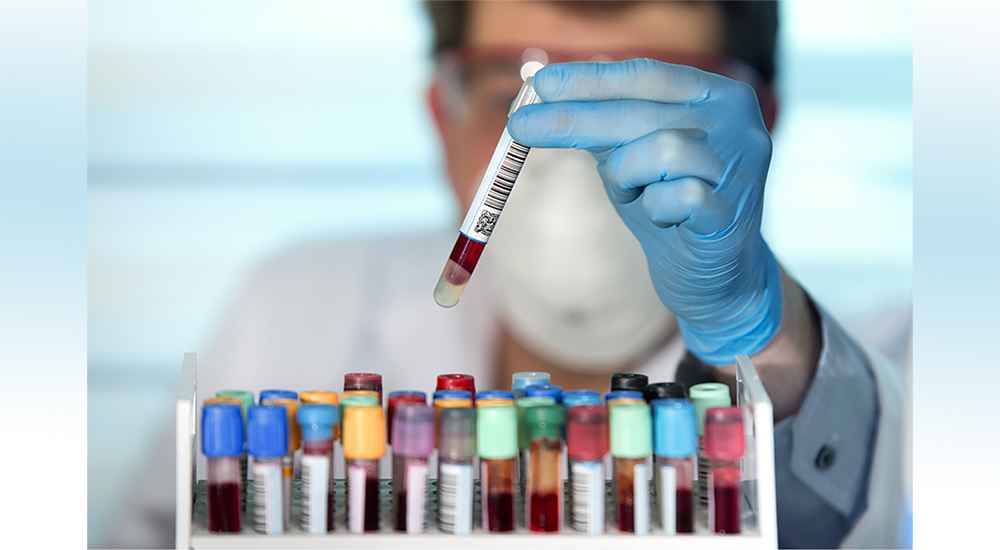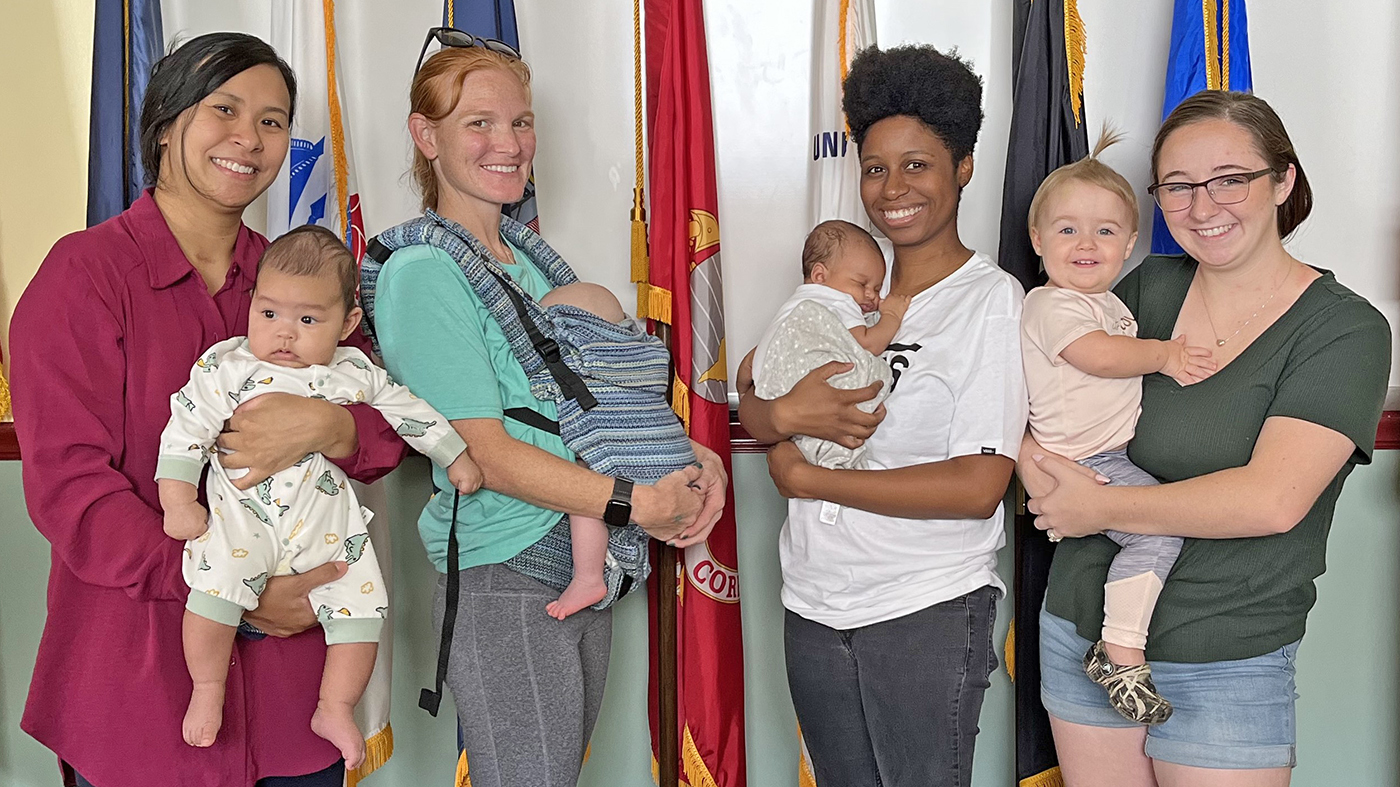“#DoingItMyWay, Testing for HIV” is the 2018 National #HIVTestingDay theme.
What does doing it your way for #HIV testing mean to you?
VA and the CDC recommend that everyone get tested for HIV at least once in their lifetime. Veterans who haven’t been tested yet or aren’t sure if they have been tested may talk to their provider at their next appointment. Getting an HIV test is simple:
- Ask your VA provider for a test.
- Get tested. Usually done with a blood sample.
- You will get a call or letter from your provider with the results within about two weeks.
- If you are negative, keep it that way! Talk to your provider about ways to prevent HIV, including using condoms, or considering pre-exposure prophylaxis (PrEP) medication if you are at high risk for exposure.
- Review additional prevention information: https://www.hiv.va.gov/pdf/HIV-prevention.pdf. Your provider can also write you a prescription for condoms.
- If you are positive, get started on treatment right away. If you are on treatment and your viral load is undetectable (meaning that the virus isn’t showing up on blood tests), you cannot pass the virus on to a sexual partner. Undetectable = Untransmittable
VA has tested about 43 percent of our patients for HIV. We know we can do better. We are committed to spreading the word about the importance of HIV testing, improving the testing process and working to get and keep all Veterans living with HIV in treatment.
National HIV Testing Day is June 27. We hope you’ll say yes to the HIV test at your next appointment.

Topics in this story
More Stories
Perinatal Veterans Socials bring together new parents to build social connection as they navigate parenthood and post-partum care.
Veteran Eric Golnick joined the Million Veteran Program after losing his best friend to cancer caused by toxic exposure.
Barry Peterson shares his experience as a VA virtual reality provider and user and how it helps him connect with other Veterans.






